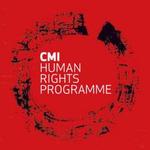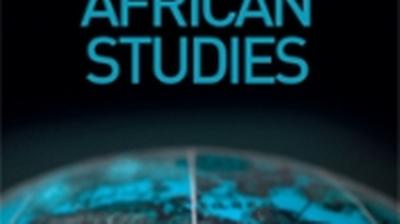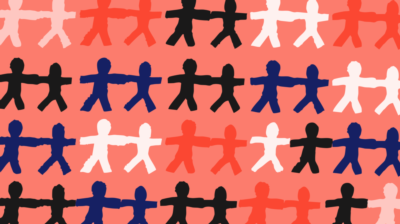Explaining Post-Transitional Justice: The Role of Independent Courts
Inspired by the second-wave prosecutions in the Southern Cone, this chapter addresses how and when the military may be held accountable for human rights violations committed during a previous regime. The main argument is that independent courts are a necessary and the single most important, though not sufficient, condition for ensuring accountability for past human rights violations. Variables potentially relevant to human rights prosecution are related to the working conditions and environment for judges (including judicial reform and constitutional changes; institutional factors; legal and political international context; importance of human rights law; increased emphasis on the rule of law), as well as reduced military threat and a persistent demand for justice. The tentative theoretical framework seeks to explain why some governments in Latin America have succeeded to prosecute the military for human rights violations after the return to democratic rule, whereas other countries have dismally failed to do so.









